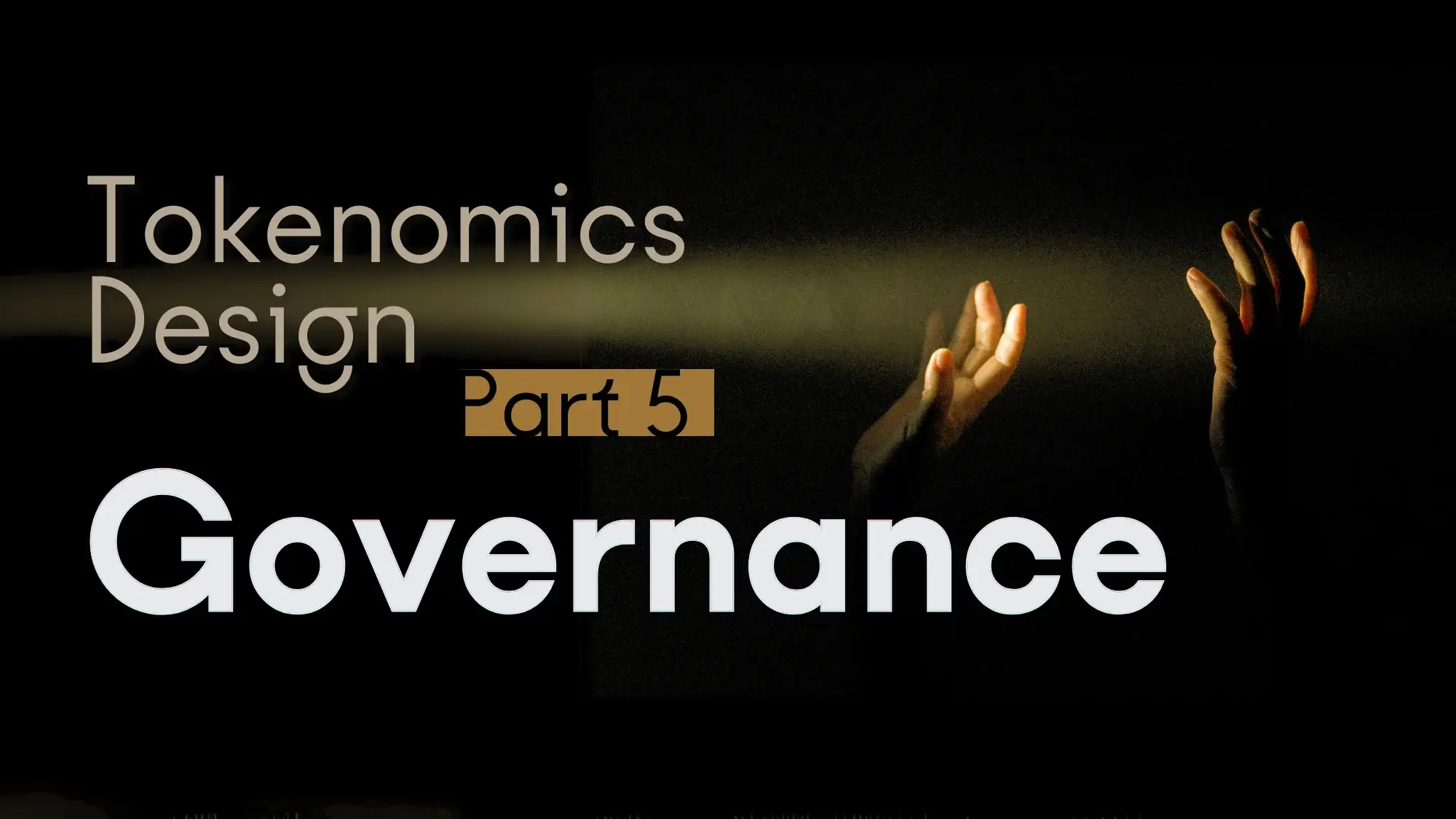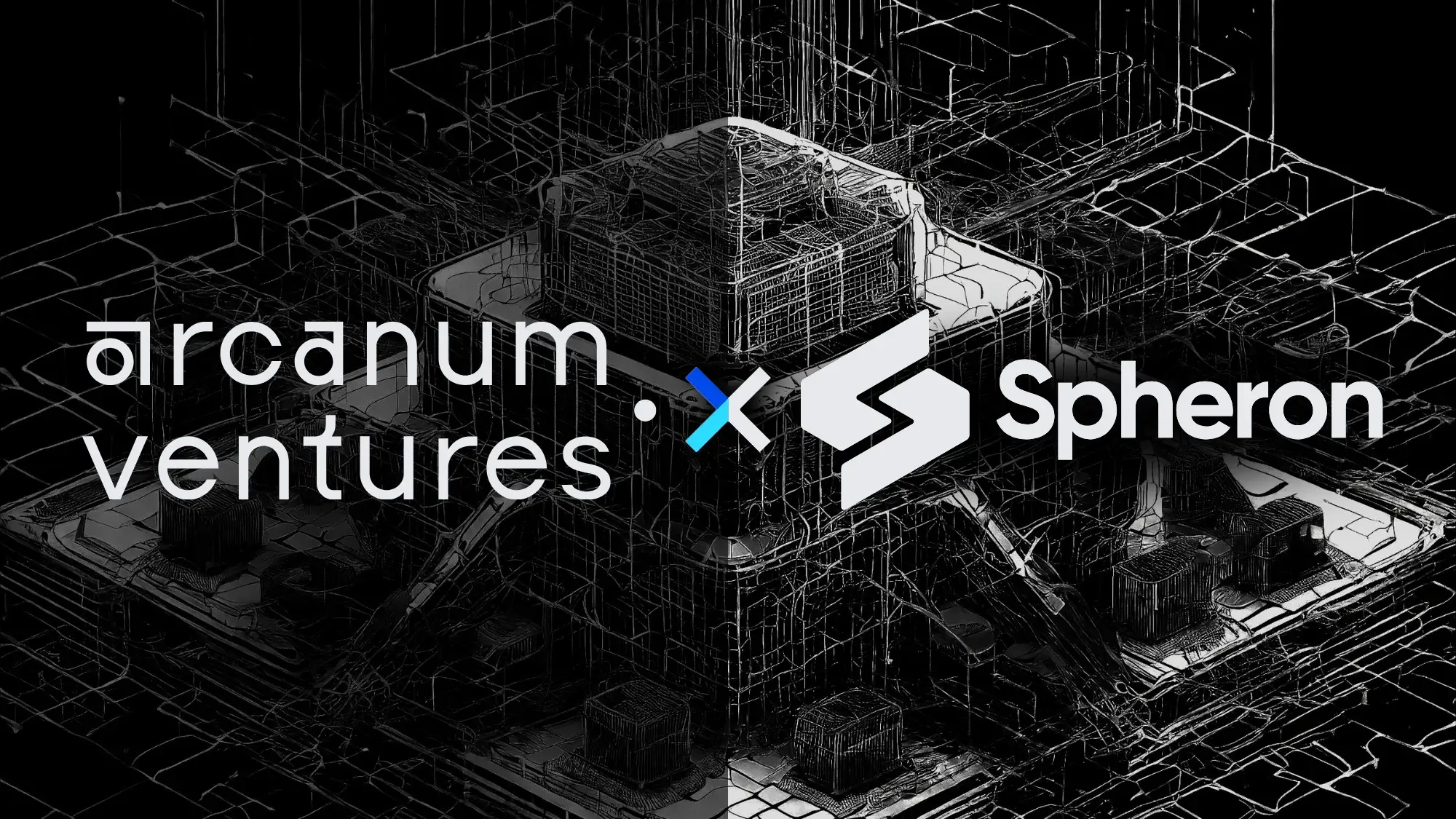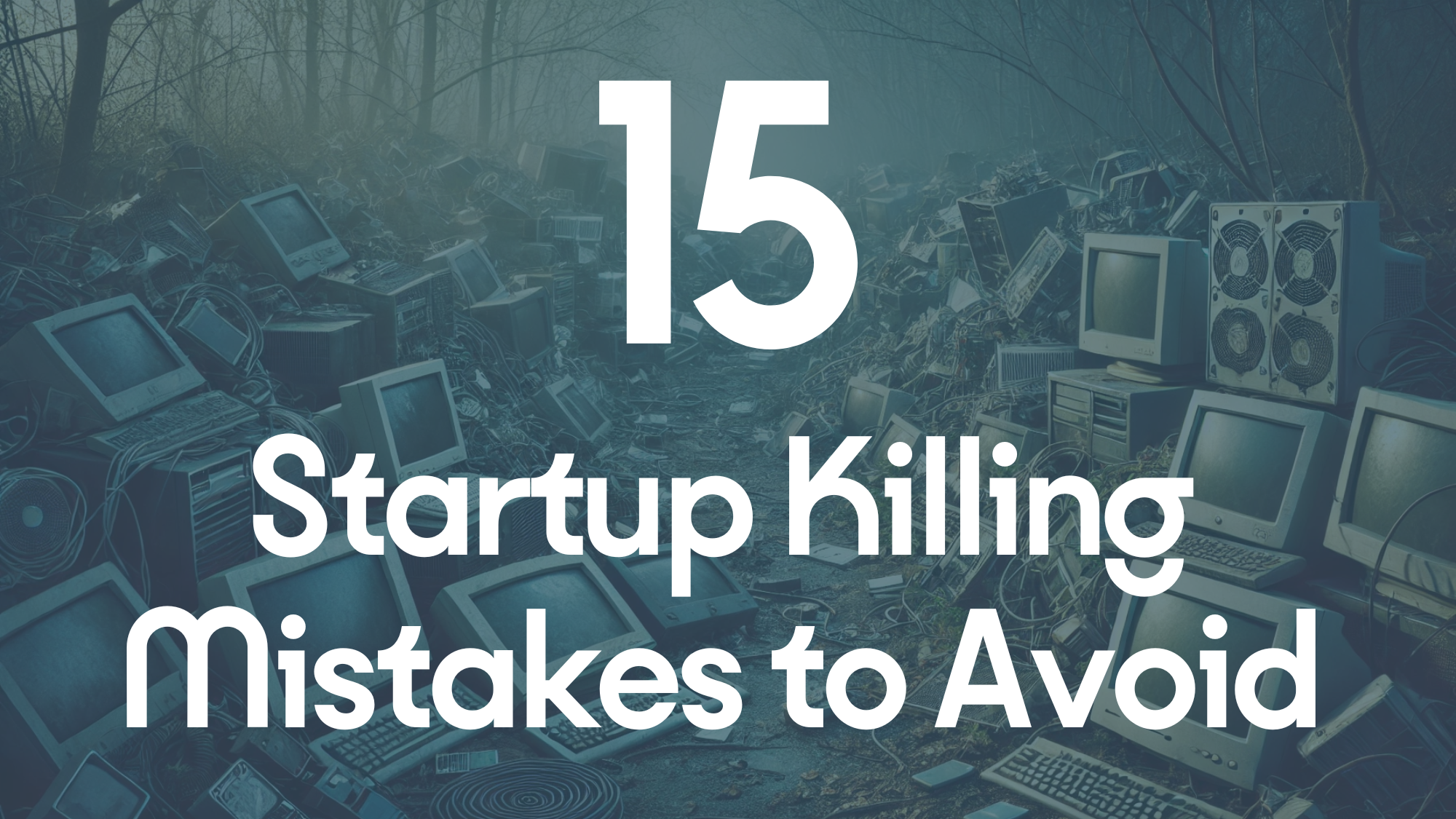Arcanum Ventures
Arcanum Ventures is a venture capital investment firm, blockchain advisory service, and digital asset educator. We bring precise knowledge and top-tier expertise in advising blockchain startups.
Arcanum demystifies the blockchain space for its partners by providing intelligent, poised, crystal clear, and authentic input powered by our passion to empower and champion our allies.
We unravel the mysteries and unlock the opportunities in blockchain, Web3, and other emerging innovations.
Play-to-Earn is a Trojan Horse
The veil over Play-to-Earn gaming has been lifted and investors are beginning to exercise extreme caution around backing these startups. Token economists have become more and more vocal about these flimsy ecosystems that fail to deliver in both revenue and product quality. It has become increasingly apparent that many Play-to-Earn economies were time-bombs that GameFi startups slapped onto their “triple-A rated” mobile quality Tetris ripoff. We now know that many founding teams took full advantage of the hype and speculation behind this industry-sweeping trend.
The Play-to-Earn we are all familiar with is an unsustainable economic abomination that allows proprietors to manufacture a window of opportunity to liquidate their own token supply and leave their community as exit liquidity.
Is the Industry Evolving?
At Arcanum Ventures, we sift through a constant influx of whitepapers, pitch-decks, and cold-call messages for startups that appear to be riding the tail-end of this trend, but there is some hope.
We are in a peculiar position to observe the industry unfold before us. We are slowly seeing an evolution in Play-to-Earn gaming towards a more sustainable Web2 analog powered by games that are actually fun and exciting. These games are more often accompanied by token economies and utilities that seem to be created by people who have seen it and done it before.
Let’s dissect it a bit:
- The primary product appears to be the Game itself, the entertainment value is king.
- Token utilities are interesting and exciting, while game makers exercise control of token emissions through various levers.
- Revenue is primarily generated through digital asset sales that enhance or modify game dynamics, or grant access to gamified, promotional events.
Copypasta
Does this sound familiar to you?
This is exactly what has been happening in Web2 gaming all along. Fortnite, PUBG, World of Warcraft, and League of Legends all with their own in-game economies have paved the way. Even more ridiculous is that some of the Web3 GameFi startups appear to be blatant ripoffs of popular Web2 games — Tetris evolved!
Before we criticize, let’s try to understand the strategy. One of the greatest indicators of business success is understanding your primary target market, and sometimes understanding if a target market even exists. This is why having a first-mover advantage is not always a good thing. By creating a competitor product with features that enhance or provide real solutions for existing gaps, you have a higher likelihood of success, knowing there is an audience to poach.
This is the claim to fame of so many of these copycat projects. Founders are recreating iconic gaming ecosystems while incorporating true asset ownership and a free-market system where players can choose rewards redemption and exit if they like.
Even More Copypasta
Let’s follow this copycat theme and shift attention to another cryptocurrency trend that may be even more outrageous: “Move-to-Earn.”
The concept is simple, you run or walk or exercise and the app pays you cryptocurrency for doing so. Removing all gamification aspects, unique promotion, and the influencer-manufactured hype, this is a copy-paste of Play-to-Earn.
Startup businesses are fundraising to create apps that will pay you money. The problem is, many of these startups have no clearly defined revenue streams while selling equity to investors in the form of the same asset they are distributing to ecosystem users. This means investors are buying an asset that depreciates with user acquisition.
This is not a business — a business makes money. This is a charity.
Let Me Reassure You
Play-to-Earn, Move-to-Earn, etc — although outrageous and downright upsetting in some cases… trust me, is a step in the right direction.
Apart from completely missing the point, there is a lesson here and a greater trend to be optimistic about. Play-to-Earn is continuing to evolve. The economy can easily be retrofitted into a sustainable model with an influx of revenue made from an exchange of a valuable product or service.
Many individuals in the space are failing to recognize the power and enthusiasm behind these economies.
At the core, the “[insert action here]-to-Earn” model is a decentralized mechanism to crowdsource and incentivize wide-scale participation.
That participation can be anything, but the seemingly most valuable use is non-committal labor. There are many job functions that can benefit from a massive number of eyes or hands, and there is much humanity can benefit from by incorporating crowdsourced labor.
Storytime
Let me tell you a story about the achievements of Luis Van Ahn, the pioneer of crowdsourcing. Luis was the inventor of CAPTCHA, a method of verifying human interaction on internet and application portals. You’re familiar with it — you type in a series of letters and numbers from jumbled images to prove you’re not a robot.

Luis recognized a real need in the Web2 space, while understanding a greater potential. Now his little piece of software helps verify you’re a real human while also digitizing paper copies of documents and books to eternalize on the internet.
He wasn’t done there. Luis is a globalist and recognized that with the development of the internet, a culture of greater connectivity is inevitable and beneficial. He decided to create an application named DuoLingo. This app helped millions of people learn a new language, but what’s even more impressive is the underlying value that works in parallel.
Luis’ app provides the tools for users to learn how to deconstruct sentences in one language and reconstruct them in a new language. It is gamified and level-based, and at later levels, the translation games get more difficult. The secret is, the challenging sentences the user must translate are from actual text, from an actual document somewhere on the internet. If 9,927 users out of 10,000 similarly translate a sentence from French into Bulgarian, then the app recognizes this as the best translation.
With greater user acquisition, the app more successfully translates digitized documents on the internet from language to language. This coincides with the captcha software digitizing paper documents. In essence, Luis is fostering greater connection among all people worldwide. The incentive in DuoLingo is the easy ability to quickly learn a new language, but we all know that monetary incentive is a much more powerful driver.
The Point is Crowdsourced Incentivization
Enter the “Play-to-Earn” evolution. This economic model offers enough incentive for individuals to casually provide the effort required for something like document translation. Translation being a very lucrative service and an entire global industry that many companies and organizations have a real need for. This means a tangible and valuable income stream — revenue generation that can be funneled into this crowdsourced economic model.
This is just the beginning. Not all job functions can be outsourced and crowdsourced. But many industries can greatly benefit from the employment of a thousand sets of eyes — functions that can be significantly improved through a consensus mechanism, and now there is a method to incentivize participation.
The “Earn” model in the cryptocurrency industry is a valuable movement. It directly aligns with the ethos of blockchain, creating an equitable environment for all participants. Play-to-Earn is simply the infant crawling stage in this evolution, and regardless of the Web3 benefits being touted for GameFi and blockchain tech integration, Gaming is not suffering. It does not need “Play-to-Earn” to survive. The film industry is not suffering and does not need “Watch-to-Earn” to thrive. Crowdsourcing talent for greater use-cases is the natural evolution of this economic model.
We may see startups offering models such as “Translate-to-Earn” or “Legal-Counsel-to-Earn” where incentivized consensus offers a more cost-effective system to accomplish the same goals that compartmentalized industries have dominated for so long.
TL;DR
Play to Earn is a Trojan horse and a precursor for the wide-scale adoption of decentralization and blockchain technology.
The importance here is that Play-to-Earn can be adapted for any industry or ecosystem that can benefit from crowdsourced labor or consensus.
The beauty of this system is that it creates a decentralized network of labor that has a streamlined payments distribution system that allows easy exchange of work for payment based entirely on merit and performance and progress.
Arcanum Ventures
Arcanum Ventures is a venture capital investment firm, blockchain advisory service, and digital asset educator. We bring precise knowledge and top-tier expertise in advising blockchain startups.
Arcanum demystifies the blockchain space for its partners by providing intelligent, poised, crystal clear, and authentic input powered by our passion to empower and champion our allies.
We unravel the mysteries and unlock the opportunities in blockchain, Web3, and other emerging innovations.
February 11, 2025
Governance has a bad reputation in web3. The presumed miracle drug for any weak token economy has been thrown…
InvestmentPartnershipsToken Economics
January 28, 2025
Spheron is developing and launching infrastructure to simplify the world of GPU and CPU resource provisioning…
October 8, 2024
It goes without saying that starting a new business in any industry is an exciting venture, but so too does…



